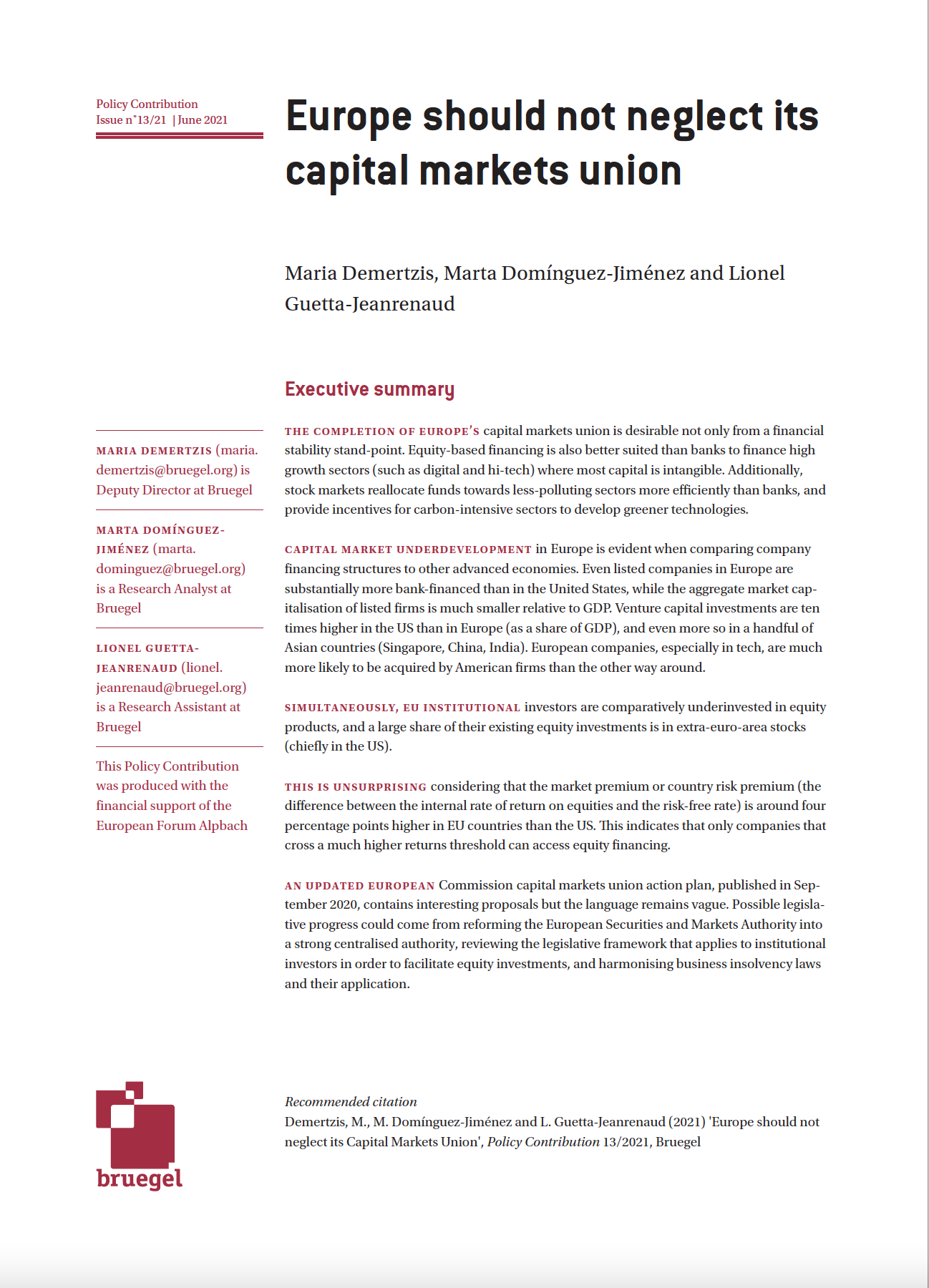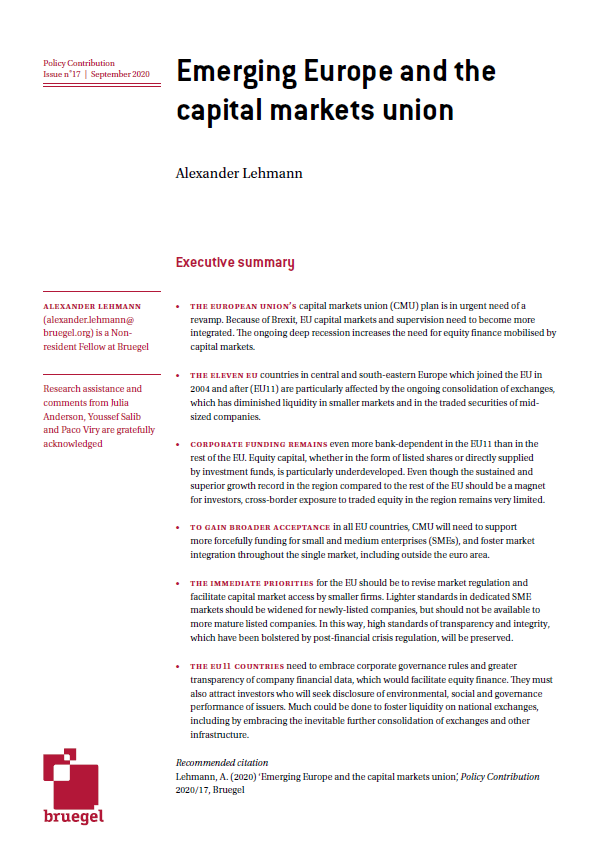Blog Post
An update: Sovereign bond holdings in the euro area – the impact of QE
Since the ECB’s announcement of its QE programme in January 2015, national central banks have been buying government and national agency bonds. In this post we look at the effect of QE on sectoral holdings of government bonds, updating our calculations published in May and November 2016.
By the end of February 2017, the ECB has bought 1412 billion euros of bonds under its public sector purchase program (PSPP), of which 155 billion were supranational bonds and 1257 billion were national government and agency bonds. Purchases of asset-backed securities reached 24 billion euros by the end of February, while holdings under the third covered bond purchase programme (CBPP3) amounted to 213 billion euros (see here for breakdowns). Starting in June 2016, the ECB also added a corporate sector purchase programme (CSPP), which now stands at 67 billion.
In February 2017, the purchases under the asset purchase programme amounted to 81 billion euros. As previously discussed, the implementation of this 81 billion euros of purchases is split between the ECB and the national central banks. This is reflected in Figure 1, which shows an increasing trend in central banks’ sovereign bond holdings since the start of the PSPP.
The data also allows analysing how central bank purchases are being offset by other institutional sectors in the countries in question. In this context, table 2 shows the percentage point changes in institutional holdings of sovereign bonds between Q4 2014 and Q3 2016. Our updated figures show that the central bank purchases in Spain have been offset mainly by decreases in resident banks’ holdings, much to the benefit of a decreased sovereign-bond dependency.
Such changes played a minor role in the other countries. In France, most of the increase in central bank holdings was offset by a decrease in non-resident holdings, which includes all holdings which are not domestic. In Italy, other residents such as households and corporates are decreasing their sovereign bond exposure.
In conclusion, our most recent data update confirms the trend already highlighted in our past posts from last year. It appears that in most countries the ECB’s purchases have not yet helped reverse the marked increase in banks’ holdings of domestic government debt which happened during the crisis. However, with the updated figures, we can see that Spain continues to be a positive exception.
Republishing and referencing
Bruegel considers itself a public good and takes no institutional standpoint. Anyone is free to republish and/or quote this post without prior consent. Please provide a full reference, clearly stating Bruegel and the relevant author as the source, and include a prominent hyperlink to the original post.











